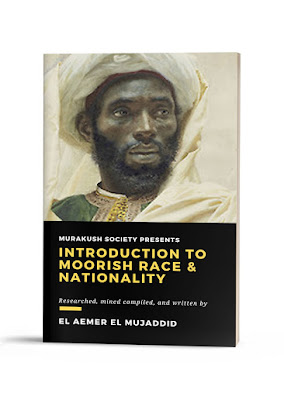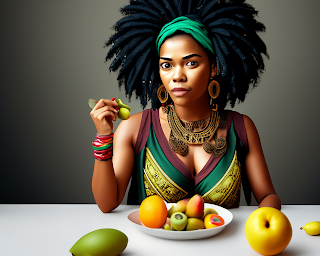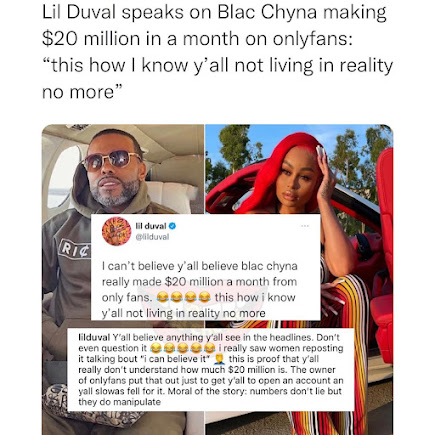One Love: Unveiling the Heart of Rastafari Culture
Rastafari, often mistaken for just dreadlocks and reggae, pulsates with a rich history, vibrant belief system, and unique practices that extend far beyond the shores of Jamaica. Born from the struggles of the African diaspora, Rastafari offers a powerful message of liberation, respect for Africa, and a call for unity. This blog post delves into the heart of Rastafari culture, exploring its core beliefs, practices, and customs that resonate from Jamaica to Ethiopia.
Rooted in Faith: A Reinterpreted Bible
Central to Rastafari is a distinct interpretation of the Bible. Rastas believe in one God, Jah, who they see as a manifestation of the divine within each person. They draw heavily from the Old Testament, particularly the story of the Israelites' captivity in Babylon. This resonates with the Rastafarian experience of oppression under European colonialism, which they view as metaphorical Babylon.
Emperor Haile Selassie I of Ethiopia, crowned in 1930, holds immense significance. Many Rastas regard him as the returned Christ, or divinely-appointed King prophesied in the Bible (fulfilling Marcus Garvey's pronouncements). Others see him as a human prophet who embodied Jah's presence. This Afrocentric view emphasizes the importance of Africa as the spiritual homeland.
Livity: A Way of Life
Rastafari is more than a religion; it's a way of life, expressed through the concept of "livity" – living in harmony with oneself, Jah, and nature. Livity manifests in various practices:
- Ital Diet: A focus on natural, unprocessed foods (often vegetarian) that nourish the body, considered a temple of Jah.
- Dreadlocks: These uncut, uncombed locks symbolize a connection to one's roots, a rejection of colonial Eurocentric beauty standards, and a vow to a natural way of life.
- Reggae Music: This soulful music, pioneered by Bob Marley, serves as a powerful tool for spreading Rastafari messages of peace, love, and social justice.
- Ganja (Marijuana): Seen as a sacred herb, it's used for meditation (reasoning) and connecting with Jah.
- Rasta Colors: Red, green, and gold (sometimes with black) represent the blood of martyrs, the lushness of Africa, Ethiopian royalty, and the African continent itself.
Expressions of Faith: Rituals and Celebrations
Rastafari rituals foster a sense of community and spiritual connection. "Nyahbinghi" – all-night drumming sessions – are central, with rhythmic beats inducing a state of heightened awareness for prayer and reasoning (reflection on scripture).
Rastas also gather for "Groundations," religious services with readings, hymns, and sermons. Celebrations like birthdays and the Ethiopian New Year ("Enkutatash") are vibrant occasions marked by feasting, drumming, and shared joy.
Beyond Jamaica: A Global Movement
While Rastafari emerged in Jamaica, it has spread far and wide. It resonates with people of African descent seeking cultural identity and a message of empowerment. Rastafari communities exist in Ethiopia (particularly among descendants of Jamaican Rastafarians who repatriated) as well as in North America, Europe, and across the African diaspora. However, it's important to acknowledge the diversity within the movement. Different interpretations exist regarding the divinity of Haile Selassie, and some practices vary
regionally.
In Conclusion
Rastafari culture offers a unique perspective on faith, identity, and social justice. From the reverence for Haile Selassie to the commitment to "livity," Rastafari provides a powerful lens through which to understand the struggles and aspirations of the African diaspora. While often simplified by popular culture, Rastafari's rich tapestry of beliefs, practices, and customs continues to inspire and empower across the globe.










Comments
Post a Comment